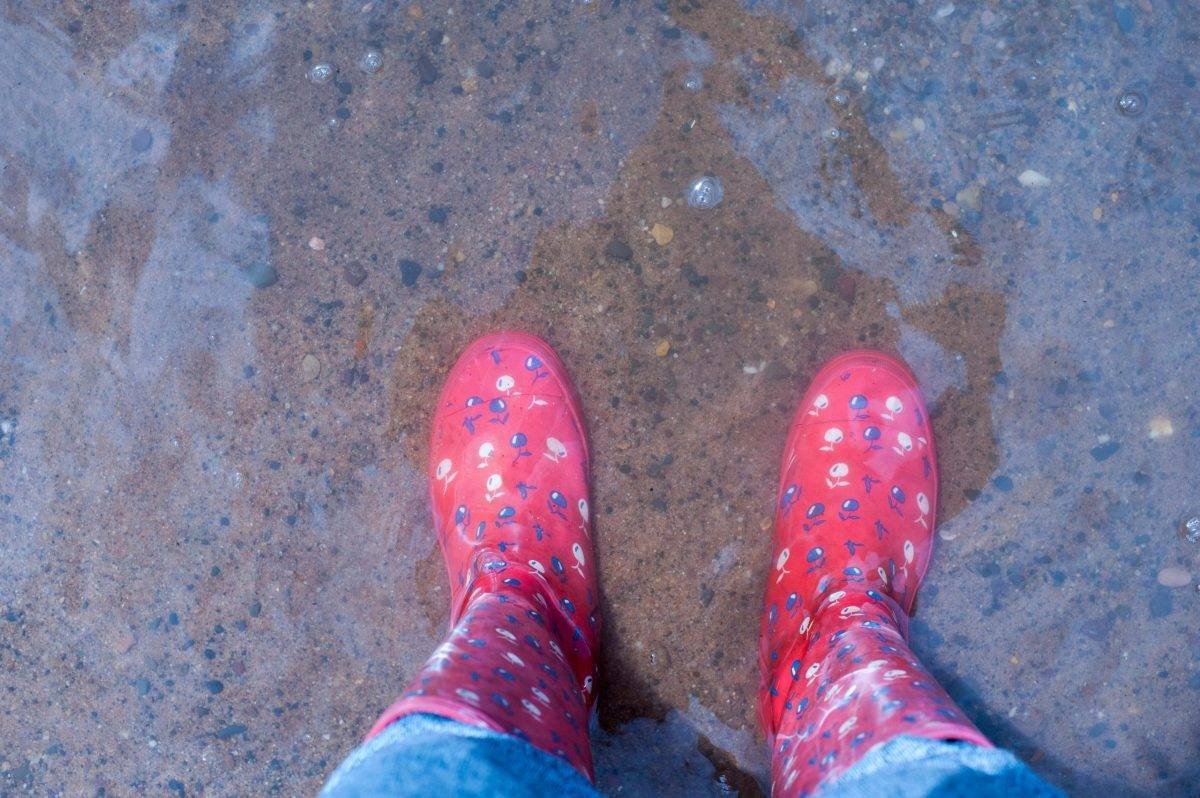What Is Flood Insurance?
In our last post, we explained how a government shutdown can affect the National Flood Insurance Program; now, let’s look at what flood insurance actually covers and why it matters. What Is Flood Insurance? When most homeowners think about protecting their property, they focus on fire, theft, and wind coverage. Yet one of the most common and costly risks in Georgia often goes overlooked, and that is flooding. Flood insurance fills that gap, providing the coverage that standard homeowners policies do not.
Flood insurance is a separate policy designed to cover losses caused by rising or overflowing water. This includes heavy rain, flash floods, overflowing rivers, and storm surges. In a region like Middle Georgia, where rivers, creeks, and changing weather patterns play a major role in local life, flood insurance is an important layer of protection for any property owner.

Why Flood Insurance Matters in Macon and Middle Georgia
Standard policies do not cover floods
Even if your homeowner’s policy covers certain kinds of water damage, such as from a burst pipe, it will not cover flooding from external sources. If rising water seeps into your home, you could be responsible for the entire cost of repair without flood insurance.
Flood zones are more common than you think
Many areas in and around Macon sit close to the Ocmulgee River, as well as several creeks and low-lying basins. Even neighborhoods that are not marked as “high-risk” can experience flash flooding during heavy rainfall. FEMA maps designate certain areas as Special Flood Hazard Zones, which means mortgage lenders may require flood coverage. However, even homes outside these zones can flood during extreme weather.
Peace of mind and protection for your investment
The average flood claim in the United States is tens of thousands of dollars. For many families, that kind of unexpected loss can be devastating. Flood insurance provides a safety net that helps you rebuild, repair, and move forward with confidence.
How Flood Insurance Works
The National Flood Insurance Program (NFIP)
In Georgia, most flood insurance is provided through the National Flood Insurance Program, managed by FEMA. The program partners with local communities that agree to adopt and enforce floodplain management regulations. In Macon-Bibb County, as well as Monroe, Houston, and Jones Counties, participation in the NFIP makes flood insurance accessible to homeowners, renters, and business owners.
Most local insurance agents can write NFIP policies. Claims are federally backed, which ensures stability even during large-scale events. Keep in mind, though, that there is usually a thirty-day waiting period before a new policy takes effect. Planning ahead is key.
What Flood Insurance Covers
Flood insurance typically includes two main components:
Building coverage — This protects your home’s structure, including the foundation, walls, built-in appliances, plumbing and electrical systems, and permanent fixtures.
Contents coverage — This covers personal belongings such as furniture, clothing, electronics, and other household items. You can choose the amount of contents coverage that suits your needs.
Flood insurance will not cover every possible loss. Items stored in basements, outdoor structures, or landscaping are often excluded. Damage caused by moisture, mold, or sewer backup is only covered if it is directly caused by a flood event. Reviewing your policy in detail ensures you understand exactly what is protected.
Coverage Limits and Additional Options
The NFIP offers up to two hundred fifty thousand dollars in coverage for residential structures and up to one hundred thousand dollars for personal belongings. Commercial buildings may qualify for higher limits.
If you own a higher-value home or need broader protection, private insurers also offer supplemental or “excess” flood insurance policies. These can extend limits and provide faster claim processing, which is helpful for luxury or historic properties.
Cost and Risk Factors in Middle Georgia
Flood insurance premiums vary depending on your property’s location, elevation, and risk level. In Macon and surrounding counties, rates tend to be moderate compared to coastal areas, but they can increase for homes near rivers or drainage basins.
Key factors that influence cost include:
Your home’s flood zone classification
Elevation relative to base flood levels
The type of foundation and construction materials used
The policy deductible and amount of coverage
Community mitigation measures such as improved drainage or levees
The average flood insurance premium in Georgia typically ranges between six hundred and eight hundred dollars per year, but many properties qualify for lower rates through community programs that reduce risk.
Buying Flood Insurance in Georgia
To purchase flood insurance, start by contacting your local insurance agent. If your community participates in the NFIP, your agent can issue a policy directly through FEMA’s program. For those living in unincorporated or rural areas, confirm that your county is enrolled in the NFIP before applying.
Homeowners in Macon’s Vineville, Ingleside, and downtown districts, as well as surrounding communities like Forsyth, Byron, and Warner Robins, may want to consider flood coverage even if they are not in designated high-risk zones. Georgia weather patterns are increasingly unpredictable, and inland flooding can happen without warning.
Remember, coverage does not begin immediately. There is usually a thirty-day waiting period after purchasing a new policy. Plan ahead before hurricane season or periods of heavy rainfall.
Steps to Reduce Flood Risk
Even with insurance, reducing your home’s exposure to water damage can make a major difference.
Elevate water heaters, furnaces, and electrical panels above potential flood levels
Install flood vents or barriers to redirect water flow
Grade your yard so that water drains away from your home
Keep gutters, downspouts, and storm drains clear of debris
Use moisture-resistant flooring and insulation in lower levels
Keep an updated photo inventory of your home and belongings
These small steps can prevent significant losses and make recovery much faster after a storm.
Final Thoughts
Flood insurance is more than just a policy; it is a safeguard for your future. In Georgia, flooding can happen almost anywhere, from coastal towns to the heart of Macon. A single heavy storm can cause serious damage, even in areas that have never flooded before.
Having flood insurance provides more than financial protection. It gives you peace of mind knowing that your home, your investment, and your sense of security are protected. Whether you are buying your first home or settling into your forever one, talk with your trusted real estate professional or insurance advisor about the right coverage for you.
Preparation is always better than reaction. Protect what matters most, and rest easy knowing that you are ready for whatever the weather brings.
Disclaimer: This information is provided for educational purposes only and should not be considered legal or financial advice. For guidance on coverage options, eligibility, or rates, contact a licensed insurance professional or your local floodplain management office.




